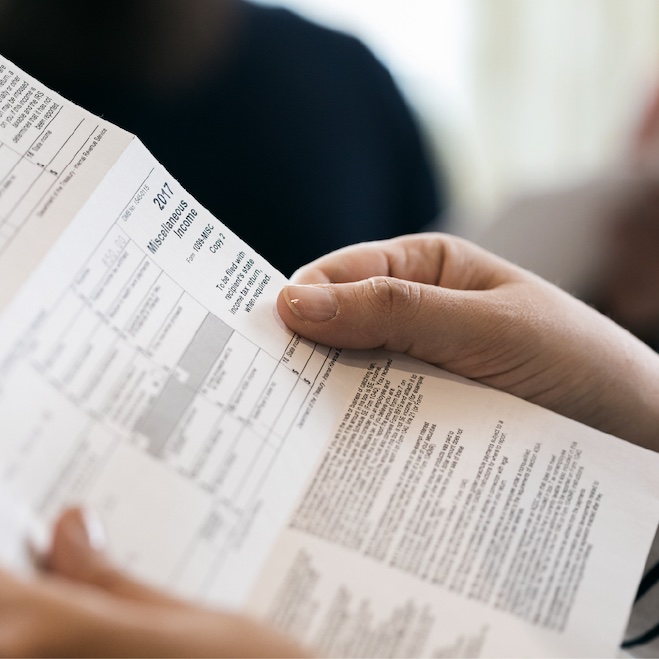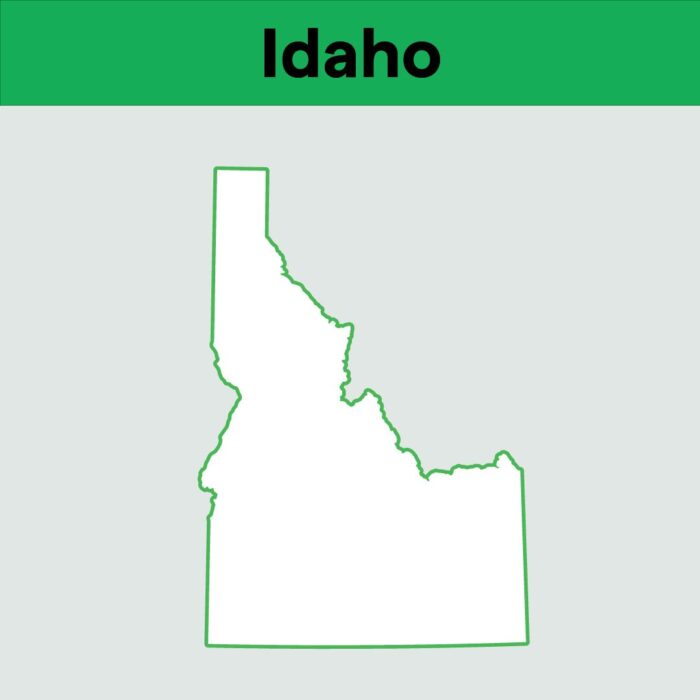The Senate Finance Committee re-examines Wayfair and sales tax
by November 29, 2024
It’s been many years since the South Dakota v. Wayfair Supreme Court ruling opened the door for states to create economic nexus laws, and small businesses across the country are still struggling to manage their compliance. In fact, it’s had such a large impact on businesses that the Senate Finance Committee met to discuss and hear testimony from sales tax experts, and see what can be done to make compliance easier for these businesses.
South Dakota v. Wayfair recap
Here’s a quick recap on the Wayfair decision. On June 21, 2018, the Supreme Court ruled that states could require e-commerce retailers with economic nexus in the state to collect sales tax from buyers in that state, even if the retailer had no other presence in the state.
Prior to this ruling, businesses only had to collect and remit sales tax in states where they had a physical presence, even if they only made remote sales in other states. For many e-commerce companies, they went from only having sales tax obligations in one state to having to manage compliance in multiple states as new economic nexus laws were created. You can find a list of economic nexus laws here.
Current sales tax challenges
Founder of the Sales Tax Institute, Diane Yetter, was one of the sales tax experts who spoke at the hearing. She highlighted some reasons why small businesses have struggled with being compliant, post Wayfair decision.
Broad definitions of physical nexus
The introduction of economic nexus did not remove physical nexus requirements – it simply added another layer of complexity. Now, with both physical and economic nexus requirements in play, businesses are left wondering what types of activities expose them to sales tax obligations. Each state has different thresholds for what creates physical nexus, and according to Yetter, the inconsistency creates a burden for all sellers. Not only are sellers still trying to understand economic nexus laws, they are also forced to manage 46 different definitions of physical nexus.
Varying economic nexus thresholds and finding a source of truth
Just like physical nexus, economic nexus thresholds vary by state. That in itself creates confusion for sellers – but Yetter believes a big issue for sellers is finding the right information on specific economic nexus thresholds, and how it impacts their business. At TaxJar, we have a team dedicated to researching specific state sales tax regulationsBecause each state website is set up differently, with varying formats and language,It can be difficult for businesses to ensure they are compliant when it’s difficult to determine if they’ve have met a state’s economic nexus threshold in the first place.
Home rule states
Certain states have established “home rule authority,” giving flexibility to the municipal governments through Home Rule charters, which are drafted and customized for each unique municipality like a city or town’s government. While some state laws still prevail over a local dispute, there is typically more ability for the city or county to govern itself than non-Home Rule states. Various state constitutions allow for this self-governance, which can have benefits, but also complicate matters around filing sales tax.
For example, in Colorado, each home rule city can create taxability laws that contradict the state laws and there is no real centralized place for taxpayers to find information on how to file and where to remit sales tax collected – all on top of managing state sales tax compliance.
Multistate sales tax returns
Yetter explains, even if a business understands where they are required to collect sales tax, actually filing sales tax is a huge burden for multistate sellers. A business operating in multiple states could find themselves spending the majority of their time filing sales tax returns – a resource constraint that could hinder a small business. Here’s a snippet of Yetter’s testimony on the topic:
“One of the real burdens of sales tax for multi-state sellers is filing the periodic tax returns. Not only can these returns be due monthly, but if you are a successful business, you could have to pay deposits as frequently as weekly as in Illinois. Due dates vary by state from the 15th of the month to the end of the month, giving taxpayers about ten days to compile data from the prior month and to file tax returns in each different state,” Yetter testified. “Although there has been a significant push towards electronic filing, this is just the submission of the data. Each state has different requirements in terms of what information is required to be reported— from taxable sales at the state level to gross sales with detailed breakdown of all deductions, and gross and taxable sales at each locality.”
A streamlined approach
There is no denying that economic nexus laws have had a major impact on small businesses. And while it’s too soon to say what will come of this discussion, the experts agree: a streamlined process would ease the compliance burden on small businesses significantly. Currently, each state decides what is taxable, what creates nexus in their state, and when tax is due, so a simplified approach would dramatically change how compliance is managed for businesses across the country. We’re eager to see what happens next in the world of sales tax compliance.
Looking for more information on the Senate hearing? Read Diane’s full testimony here.
Ready to automate sales tax? Sign up for a free trial of TaxJar today.








